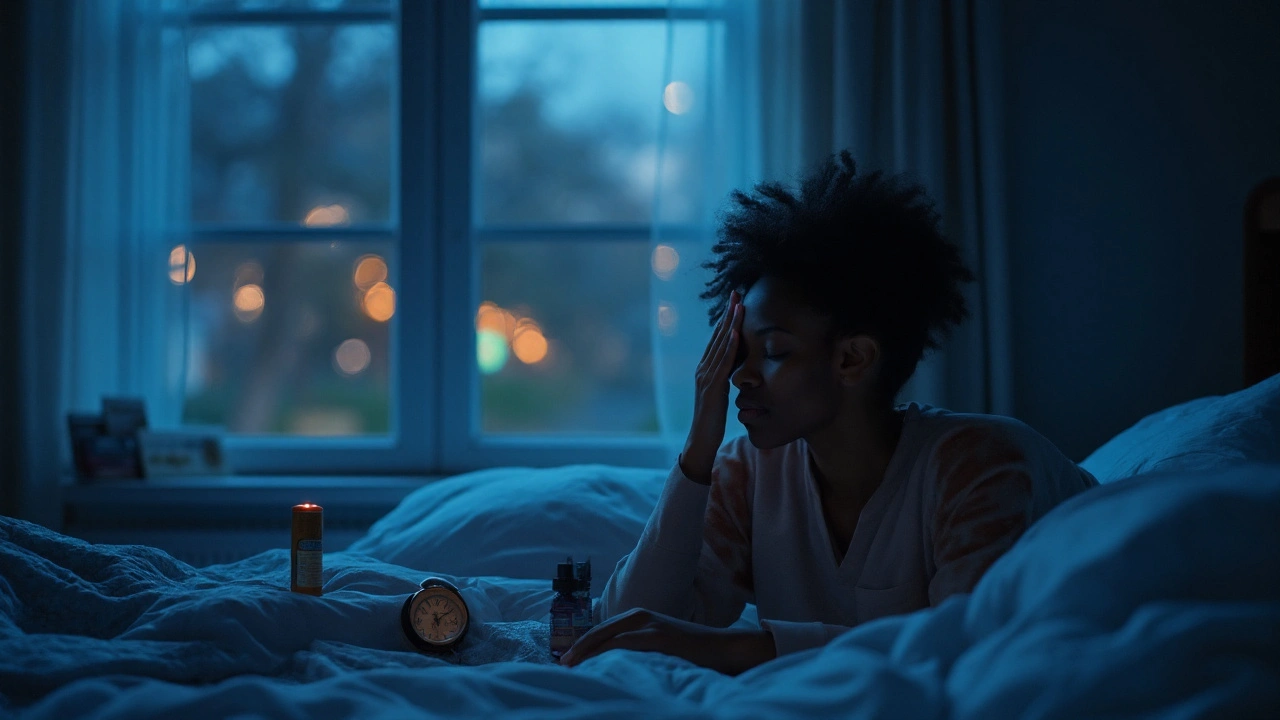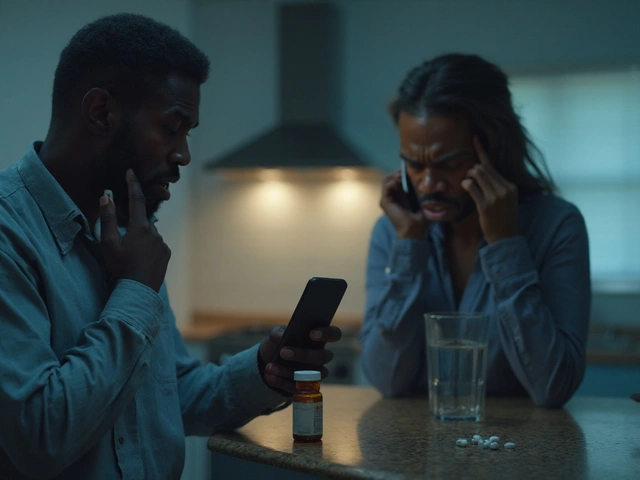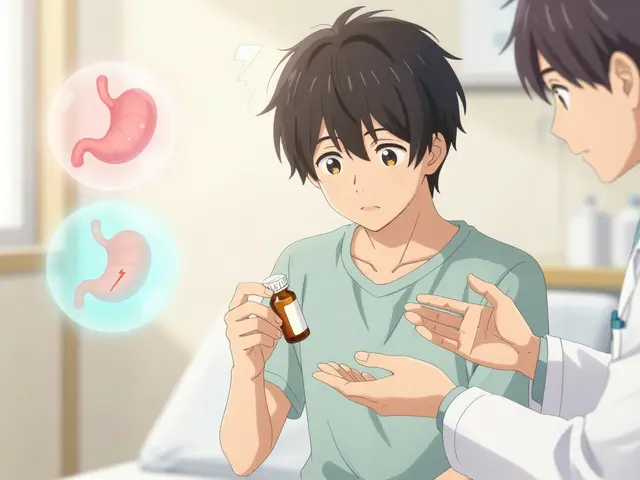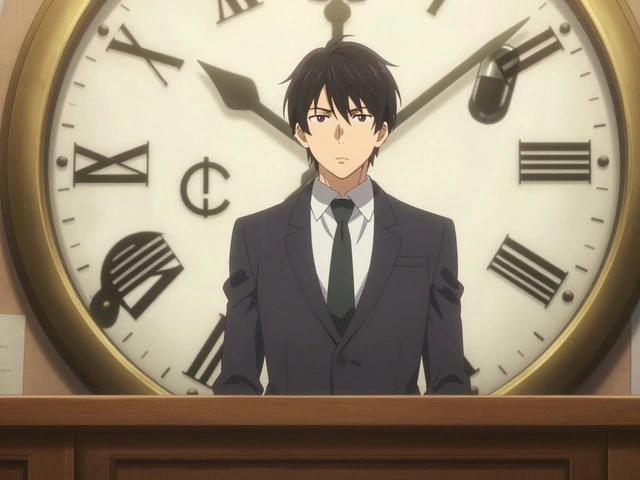Bepotastine Side Effects: Quick Guide
Bepotastine is an eye drop used to treat allergic eye irritation. It blocks histamine, so you feel less itchy, watery, or red eyes. While it works well for many, it can cause side effects. Knowing what to expect helps you stay safe and confident.
Common Side Effects
Most people notice mild reactions that go away on their own. The most frequent include:
- Temporary stinging or burning right after you put the drops in.
- Blurred vision for a few minutes.
- Redness that isn’t from the allergy itself.
- Dry or gritty feeling in the eye.
These usually lessen after a day or two. If they last longer, try using the drops less often or talk to your pharmacist about a softer formulation.
When to Seek Help
Rarely, bepotastine can cause more serious problems. Call your doctor right away if you notice:
- Severe eye pain or swelling.
- Sudden vision loss or double vision.
- Signs of an allergic reaction elsewhere, such as hives, swelling of the lips, or difficulty breathing.
- Persistent redness, discharge, or a feeling that something is stuck in the eye for more than a few days.
These symptoms may mean you need a different medication or a short break from bepotastine.
Because bepotastine is a prescription product, your doctor already considered your health history. Still, let them know if you have other eye conditions, recent eye surgery, or if you wear contact lenses. Sometimes the drops can interact with other eye medicines, so keep a list of everything you use.
When using bepotastine, follow these simple steps to reduce side effects:
- Wash your hands before each dose.
- Tilt your head back, pull down the lower eyelid, and place a single drop.
- Close your eye gently for about 30 seconds—don’t rub.
- Wait at least five minutes before applying another eye medication.
- Store the bottle at room temperature and check the expiration date.
If you miss a dose, use it as soon as you remember unless it’s almost time for the next one. Don’t double up.
Most people can keep using bepotastine for months without trouble. Regular check‑ups let your eye doctor see if the drops are still the best choice. If you ever feel unsure, a quick call to the clinic can clear things up before a problem gets bigger.
Bottom line: bepotastine helps many with allergic eye symptoms, and side effects are usually mild. Watch for serious signs, follow the dosing tips, and stay in touch with your eye care professional. That way you get relief without a lot of hassle.

Bepotastine and Sleep: Does It Help or Hurt Rest for Allergy Sufferers?
Struggling to sleep with allergies? Learn how Bepotastine affects drowsiness, timing, and symptom control-plus tips, comparisons, and what to do if sleep still stinks.




